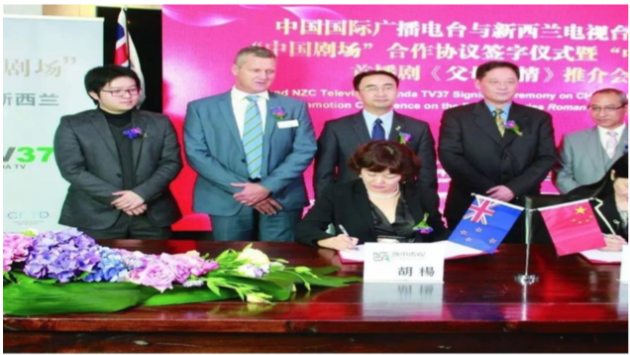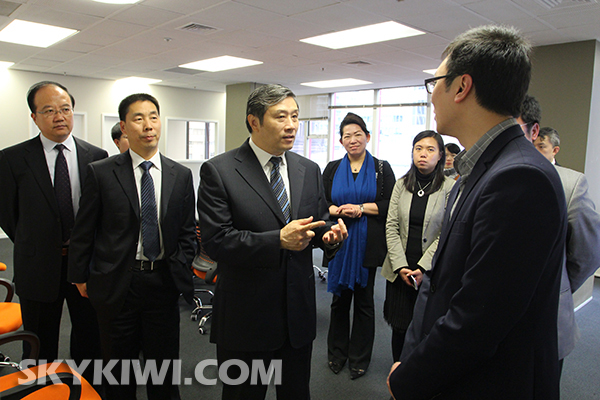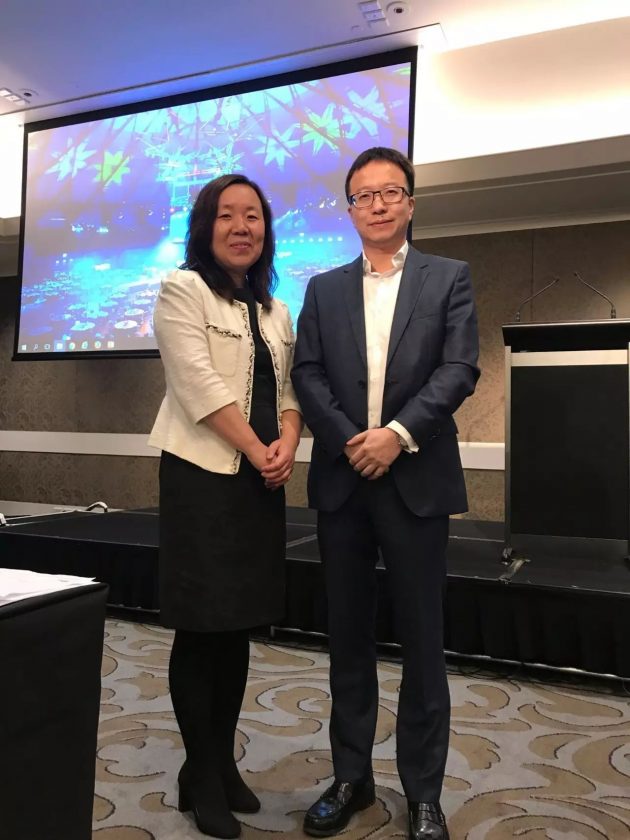Professor Anne-Marie Brady
Supplementary Submission to the New Zealand Parliament Justice Select Committee Inquiry into Foreign Interference Activities, 2019
- Part One: Magic Weapons
- Part Two: Leninist tactic
- Part Three: Soft Power
- Part Four: Making NZ Serve China
- Part Five: Why NZ is of interest to China
- Part Six: China’s relationship with the National Party
- Part Seven: China’s Influence on NZ Politics
- Part Eight: National & Labour Party links to China
- Part Nine: NZ Businesses with United Front Links
- Part Ten: Using NZ Politicians to support China’s Agenda
China’s global, multi-platform, strategic communication strategy.
Following the pattern of many other nations, in the space of a few years, New Zealand’s Chinese language mass media has gone from being an independent, localized, ethnic language medium to an outlet of China’s official messaging. New Zealand’s local Chinese language media platforms (with the exception of the pro- Falungong paper The Epoch Times) now have content cooperation agreements with Xinhua News Service, get their China-related news from Xinhua, and participate in annual media training conferences in China.
Some media outlets have also employed senior staff members who are closely connected to the CCP. As part of Xi era efforts to “integrate” the overseas Chinese media with the domestic Chinese media, New Zealand Chinese media organizations are now also under the “guidance” of CCP propaganda officials. Below I list some examples of these policies.
The leading Auckland Chinese language paper, the Chinese Herald has close personnel inks to the PRC consulate and works with the All-China Federation of Overseas Chinese. The paper was originally totally independent, but like many other papers, it has been steadily “harmonized” with Chinese media control agencies.
In another example of a once independent organization being “harmonized”, in 2011, Auckland’s only Chinese-language 24-hour radio station FM 90.6 was taken over by a subsidiary of China Radio International (CRI), Global CAMG. FM 90.6 now sources all its news from CRI and its Australian subsidiary. Global CAMG also runs Panda TV, Channel 37, the Chinese Times and Kiwi Style.

In 2014, Xinhua set up an extensive cooperation agreement with Skykiwi, Zealand’s leading Chinese language, multi-platform website which has since become a two-way channel for PRC-New Zealand communication. In addition to publishing Xinhua news content on its website, Skykiwi has organised New Zealand segments of popular Chinese shows such as the dating programme “If You Are the One” which are then broadcast on Chinese television; and Skykiwi stories reporting on Chinese people and PRC policies in New Zealand are used in the online publications of the Overseas Chinese Affairs Office.
In June 2017, Dan Guizhi, a Skykiwi editor, delivered a speech at an Overseas Chinese media forum organized by the Propaganda Department of the Overseas Chinese Affairs Office of the State Council. In 2015, the Deputy Head of the CCP Central Propaganda Department, Sun Zhijun visited Skykiwi, and instructed the media group to “tell China’s story”. This phrase is the key term used to symbolize the CCP’s external propaganda message in the Xi era.

In 2015, World TV, an Auckland-based Chinese language television network with seven channels and two radio stations that was founded by Hong Kong and Taiwanese New Zealanders in 1998, made a controversial decision to take its Taiwan programming off air. World TV has been in partnership with CRI since 2010. In 2016, China Xinhua News Network TV launched its own television station in New Zealand, TV33. In 2017, two young Chinese entrepreneurs founded the television channel NCTV, which also relays news from Xinhua and shows from Chinese state broadcasting, and aims to make programmes that will be able to be shown in China.
In June 2017, at the Langham Hotel in Auckland, the State Council Overseas Chinese Affairs Office hosted an update meeting to discuss the integration of the overseas Chinese media with the domestic Chinese media. In attendance was Li Guohong, Vice Director of the Propaganda Department of the State Council Overseas Chinese Affairs Office, and other senior CCP media management officials, representatives of the ethnic Chinese media in New Zealand, representatives of ethnic Chinese community groups, and Labour MP Raymond Huo. Update meetings are one of the main ways the CCP relays instructions to the domestic Chinese media, in order to avoid a paper trail. Party directives are accorded a higher status than national law.

China’s approach to achieving media supervision in New Zealand is identical to that followed in the PRC since the economic reforms of the early 1990s: while media companies may be owned by a range of actors, including the CCP; the Party retains overall political control. Canadian mass communication scholar Zhao Yuezhi famously described the Chinese media within China as being “between the Party line and the bottom line”, and essentially the same pattern has now been repeated in New Zealand.

